Maryland Department of Agriculture Awards 2018 Spay/Neuter Grant to HART for Animals
HART for Animals was awarded a 2018 grant by the Maryland Department of Agriculture as part of their Spay and Neuter Program designed to reduce the number of unwanted cats and dogs euthanized in shelters across the state. This is the fourth year in which HART has been awarded the grant and, to date has provided 1,618 no-cost spay/neuter surgeries to low-income Maryland residents in Garrett and Allegany Counties. This year’s grant will enable HART’s Lifesaver program to perform 150 dog spays, 150 cat spays, 100 dog neuters and 100 cat neuters. Residents who meet the income-eligibility requirements for Lifesaver can begin to schedule appointments now for 2018. To do so, please call 301.387.7729.
The Maryland Spay/Neuter Program was conceived and initiated by Maryland Votes for Animals (MVFA), and implemented in accordance with the recommendations of a task force created by an act of the Maryland General Assembly in 2011. The task force’s report detailed that 50% of the cats and 33% of the dogs in Maryland’s shelter populations were being euthanized at a tremendous cost to Maryland taxpayers.
The bill to develop the state Spay and Neuter Grants Program became law in 2013. The objective of the program was to provide affordable spay and neuter services throughout the state in order to reduce shelter intake and euthanasia rates. Funding for the program is provided from fees paid by the pet food industry. Currently, there are two other states implementing this program, Maine and HART’s sister state of West Virginia. New Mexico is currently working to implement a similar program.
“It’s important to understand why spaying and neutering your pet matters,” says Caroline Robison, HART’s Rescue and Adoption Manager. “Of course, the main reason is to reduce shelter intake and euthanasia rates. But, 18% of neutered dogs live longer than unneutered dogs, and spayed females live 23% longer than unspayed female dogs,” she adds. “Part of the reduced lifespan of unaltered pets can be attributed to their increased urge to roam, which exposes them to fights with other animals, getting struck by cars, and other calamities.”
Dr. Vandevender, HART’s Bredel Clinic veterinarian, notes that altered pets also have a reduced risk of certain types of cancers. “An unspayed female dog or cat has a greater chance of developing pyometra (a potential fatal uterine infection), uterine cancer and other cancers of the reproductive system.” Male dogs have health issues as well. The doctor adds, “Besides preventing unwanted litters, neutering your male dog helps prevent testicular cancer.”
The effectiveness of HART’s Lifesaver program and its low-cost HARTHelp program has been very positive, says Paula Yudelevit, Executive Director of HART. “With the cooperation of the Garrett County Shelter, HART has been keeping rescue and intake statistics since 2003. In 2011, the shelter took in 1,684 animals – the highest number ever – but in 2017, that number dropped to 1,447. The difference lies in the 8,539 animals HART has spayed or neutered since 2009.”
HART for Animals, Inc. is a charitable animal welfare organization founded in 2003 to improve the condition of homeless animals in the Western Maryland region. HART is a 501 (c) (3) corporation and all donations are tax-deductible. For additional information on HART, the HART Animal Center or any of its programs, or to donate, visit the HART web site at www.hartforanimals.org.

